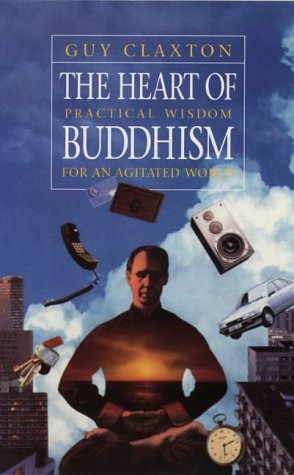By an anonymous Ex-Christian Scientist Group contributor.
I am rather a lapsed Buddhist at the moment but I would call myself that rather than anything else, and an old (doubtless now out of print) library book called The Heart of Buddhism by Guy Klaxon, that contained nothing otherworldly at all, led me out of Christian Science when I was a teenager, which I have always been very grateful for.
There are a lot of different ‘flavours’ of Buddhism that have taken on the cultural aesthetics of the countries they originated from. The thing that appeals to me is that the Buddha (allegedly) said to give his teaching a try and if you find it doesn’t work then discard it. I found that very refreshing after having tried to cram Christian Science blind faith cognitive dissonance into my head to the point I thought I would go mad, and that’s really the thing that put me off theistic religions in general. I just cannot make myself go back to trying to believe something I can see no evidence for. Not again.
In the end I settled on SE Asian (Hinayana, or the so called ‘Lesser Vehicle) Buddhism as it is very straightforward. There is no official stance on reincarnation, the Buddha is presented as a regular person who figured things out on his own rather than having been born from a magical tusk or whatever, and it is not in any way supernatural.
Buddhism is the only religion—although more a philosophy—I have found that actively tells you to question it while you are practising, rather than just believe something and get a reward after death which, like I mentioned, was important to me after Christian Science.
This site offers support resources to help individuals negotiate a transition in a manner that best fits their needs and convictions. We do not advocate any one particular path but acknowledge that there are many legitimate pathways that can be personally and spiritually fulfilling.



